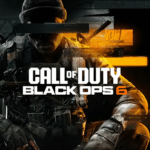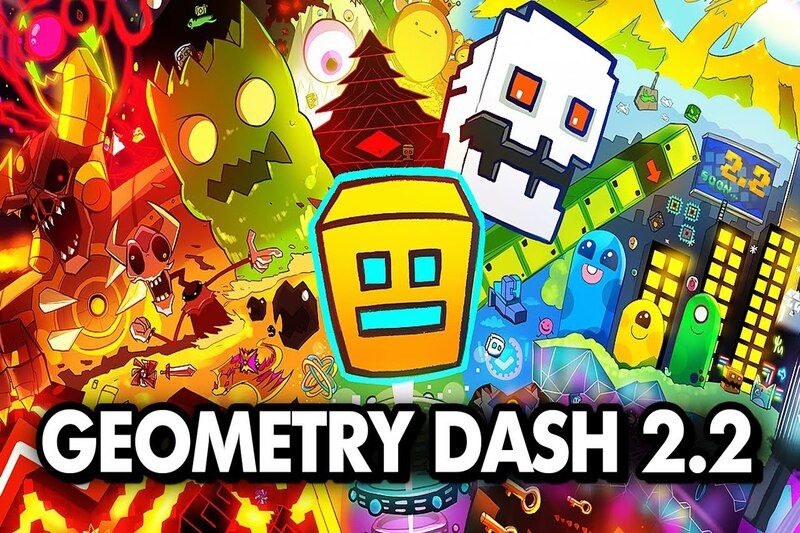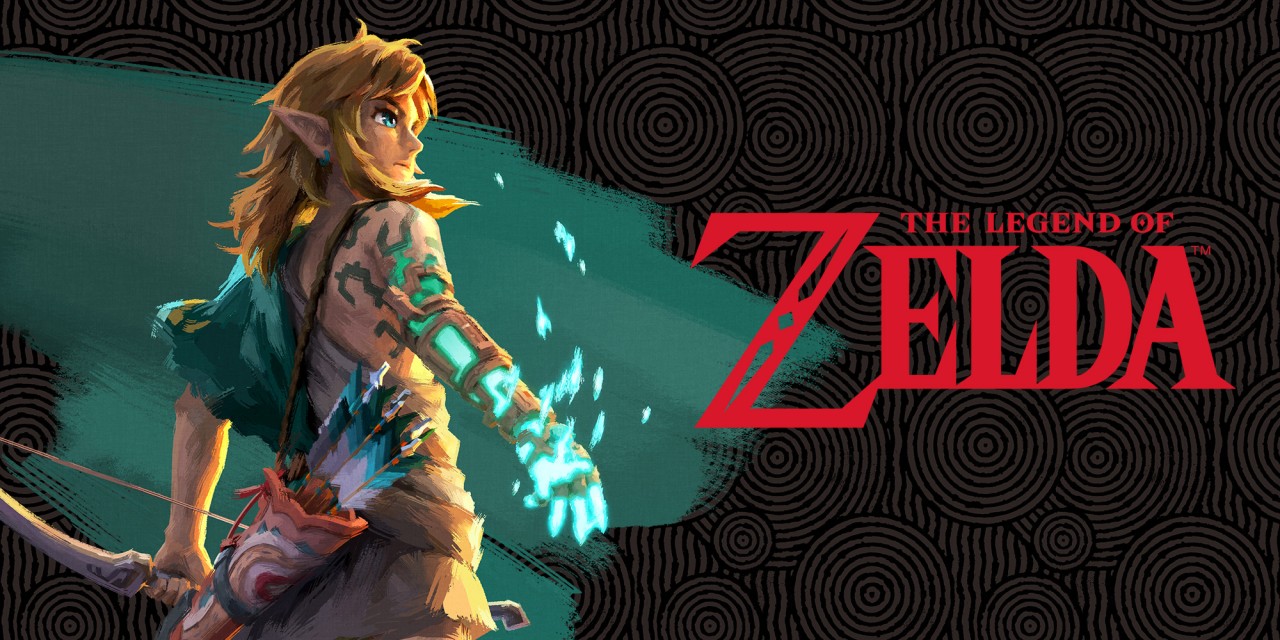Popular Now
Introduction
NBA 2K24 continues to push the boundaries of online basketball simulation, offering players immersive modes like The Rec and Pro-Am where teamwork, strategy, and individual skill are meant to shine. However, underneath the surface of dynamic court play lies a major flaw that has consistently plagued the franchise: an unfair and imbalanced matchmaking system.
Instead of aligning players by skill, build role, team composition, and performance history, NBA 2K24 often pits mismatched squads against each other. From solo queue users getting stomped by full teams to broken rating-based lobbies, matchmaking has become a flashpoint issue in the 2K community—driving frustration, toxicity, and even player drop-off.
This article dives deep into how matchmaking works (and doesn’t work) in NBA 2K24, examining its effects on gameplay quality, player retention, competitive integrity, and long-term sustainability. We’ll walk through its evolution, community backlash, and proposed solutions for building a fairer and more enjoyable online basketball experience.
The History of Matchmaking in NBA 2K’s Online Modes
Early versions of NBA 2K’s online modes featured basic matchmaking that mostly prioritized speed over balance. In The Rec and Pro-Am, players were thrown into lobbies with minimal filtering, often resulting in severe mismatches.
While NBA 2K has since introduced concepts like player ratings and squad-based lobbies, many of these systems remain flawed. 2K24 promised more intelligent team balancing, but players quickly discovered it was more marketing than substance. Problems from previous editions—like solo players facing stacked squads or all-guard lineups—persisted and even worsened.
This legacy of poor matchmaking has conditioned players to expect frustration, which undermines their engagement and trust in the game’s competitive structure.
Solo Players vs Full Squads: The Core Matchmaking Injustice
One of the most criticized issues is how NBA 2K24 often throws solo players into matches against full squads of 5-man teams. These stacked teams usually:
-
Use voice chat to coordinate plays
-
Have synergistic builds and roles
-
Exploit defensive switches and weak matchups
Solo players, on the other hand, must contend with:
-
Random, often unskilled or selfish teammates
-
Lack of communication tools
-
No synergy or chemistry
The result? Blowouts, quitting, and toxic behavior. 2K’s failure to separate these queues is viewed by many as a design flaw that prioritizes fast matchmaking times over fair games.
The Role Problem: Unbalanced Team Composition
Another layer of dysfunction arises from unfiltered team compositions. 2K24 often allows teams to queue with:
-
Five point guards
-
No big men
-
Two or three of the same archetype
This leads to exploitable matchups like:
-
Centers being guarded by undersized guards
-
Guards unable to defend in the post
-
No interior defense or rebounding
Without role-based filtering, games lose realism and balance. A team with proper spacing and interior defense will nearly always dominate, regardless of individual skill. This systemic failure discourages build diversity and forces players into meta-dictated roles just to stay competitive.
Invisible Skill Ratings and Hidden Matchmaking Metrics
One of the most confusing aspects of NBA 2K24’s matchmaking is the invisible rating system that allegedly determines team quality. Players report wild disparities such as:
-
99 overall players on one team vs. low-70s on the other
-
Elite Pro-Am squads matching against Rec newbies
-
Inconsistent difficulty scaling game-to-game
The game offers no transparency on how matchmaking evaluates players:
-
Is it based on win rate? Build? Teammate grade?
-
Does recent performance affect matchmaking difficulty?
This lack of clarity frustrates players and often feels arbitrary. Games are decided in the loading screen—undermining the idea that skill should determine the outcome.
Quitters, Trolls, and Unpunished Toxicity
A massive consequence of poor matchmaking is the rise of quitting and trolling behavior. Once players realize they’re in a mismatch:
-
They go AFK
-
Quit after the first quarter
-
Sabotage the team (e.g., intentional fouling or half-court chucking)
NBA 2K24 has weak penalties for this behavior, especially in Rec mode. While quitting may be reported or lead to temporary bans, enforcement is inconsistent, and trolling often goes unpunished.
Matchmaking encourages this toxic spiral: bad teams lead to early quitting → more imbalanced lobbies → worse experience for everyone.
Build Disadvantage: Matchups That Destroy Team Flow
Beyond OVR ratings, matchmaking often fails to consider build roles and player archetypes when balancing teams. For example:
-
A team of lockdown defenders vs. a team of slashers
-
A stretch big dominating against undersized centers
-
Fast guards exploiting slow-footed perimeter defenders
Because 2K24 lacks role-sensitive matchmaking logic, these matchups feel one-sided from the start. Winning becomes more about exploiting algorithmic holes than executing basketball strategy.
In a competitive simulation, this violates the spirit of fair play and prioritizes matchmaking randomness over tactical excellence.
How Broken Matchmaking Affects Player Retention
Bad matchmaking leads to bad games—and bad games drive players away. Many new and returning users drop off quickly after:
-
Getting repeatedly blown out
-
Facing toxic teammates
-
Feeling like the system is stacked against them
The Rec and Pro-Am modes are meant to showcase 2K’s online depth, but when matchmaking sabotages every session, it drives away potential long-term players.
This hurts 2K's:
-
Community growth
-
Microtransaction revenue
-
E-sports viability
Casual users, in particular, are most vulnerable to this churn, as they don’t have squads or Discord groups to fall back on.
The Psychology of Matchmaking Rage
NBA 2K24’s matchmaking issues also create emotional friction. Losing is part of competition—but losing unfairly feels personal. Players feel:
-
Robbed of control
-
Betrayed by the system
-
Motivated to lash out or quit
This contributes to a toxic cycle of:
-
Blaming others
-
Dashboarding
-
Rage-quitting or griefing
Matchmaking is more than numbers—it’s the emotional glue that holds online communities together. When it fails, everything else—strategy, skill, teamplay—collapses.
Community Workarounds and the Rise of “No Randoms” Culture
Frustrated players have developed community-led solutions like:
-
Only playing with friends or squads
-
Using “No Randoms” Discord servers
-
Avoiding Rec entirely and playing private Pro-Am scrims
This movement creates a class divide:
-
Solo players are trapped in chaos
-
Squads enjoy high-level games
2K’s failure to fix matchmaking has unintentionally created gatekeeping behavior, reducing inclusivity and increasing elitism in the online community.
Proposed Solutions: How 2K Can Fix Matchmaking
NBA 2K24’s matchmaking problems are fixable—but it requires effort, transparency, and player-first design. Key suggestions include:
-
Role-Based Queueing
-
Require teams to queue with a minimum of one center, one forward, and one guard.
-
-
Solo vs Squad Separation
-
Ensure solo players never face full squads unless they opt in.
-
-
Visible Matchmaking Ratings
-
Show a matchmaking balance meter during lobby loading (similar to Overwatch or Valorant).
-
-
Better Reporting Tools
-
Add in-game systems to report quitting, trolling, and AFK behavior.
-
-
Build-Based Balance Metrics
-
Match teams based on build roles and average heights/weights, not just OVR.
-
-
Reward Balanced Team Play
-
Give bonuses to teams that run realistic lineups or have balanced shot distribution.
-
These changes would create a more engaging, fair, and realistic online experience—restoring the trust of solo players and incentivizing proper team behavior.
Conclusion
NBA 2K24 has the tools to be the ultimate online basketball simulator. But until matchmaking is overhauled, modes like Rec and Pro-Am will remain fundamentally broken. The lack of fair lobbies, build role consideration, and squad separation turns every game into a coin toss—one that’s often rigged against solo players and newcomers.
To build a sustainable, competitive, and enjoyable ecosystem, 2K must prioritize matchmaking logic as much as gameplay animations and microtransaction incentives. Because when players feel like they have a chance to win, they come back. When they feel like the system is rigged, they uninstall.
Fair matchmaking isn't a luxury—it's the foundation of every great competitive game. And it’s long past time for NBA 2K to finally get it right.


















